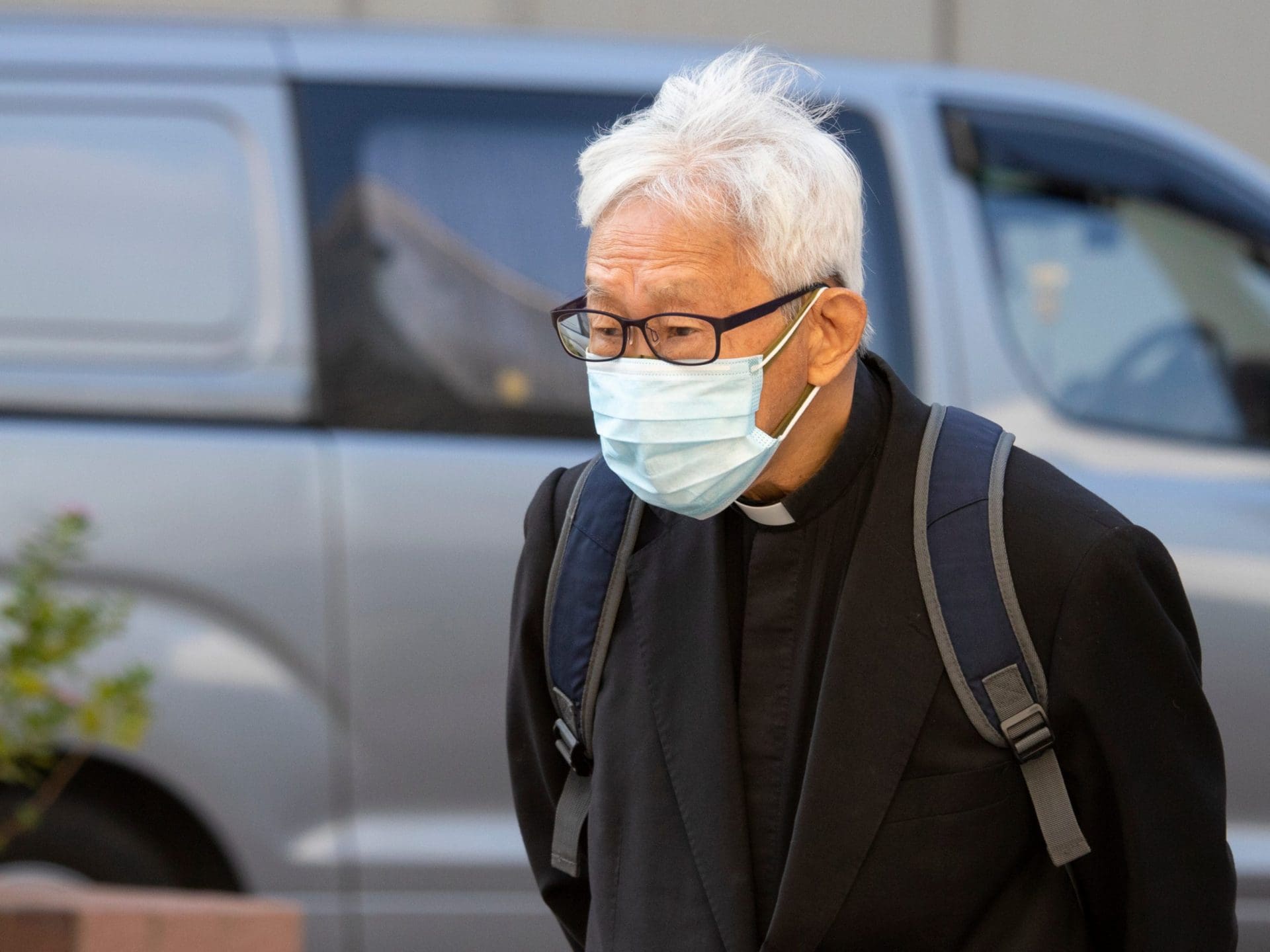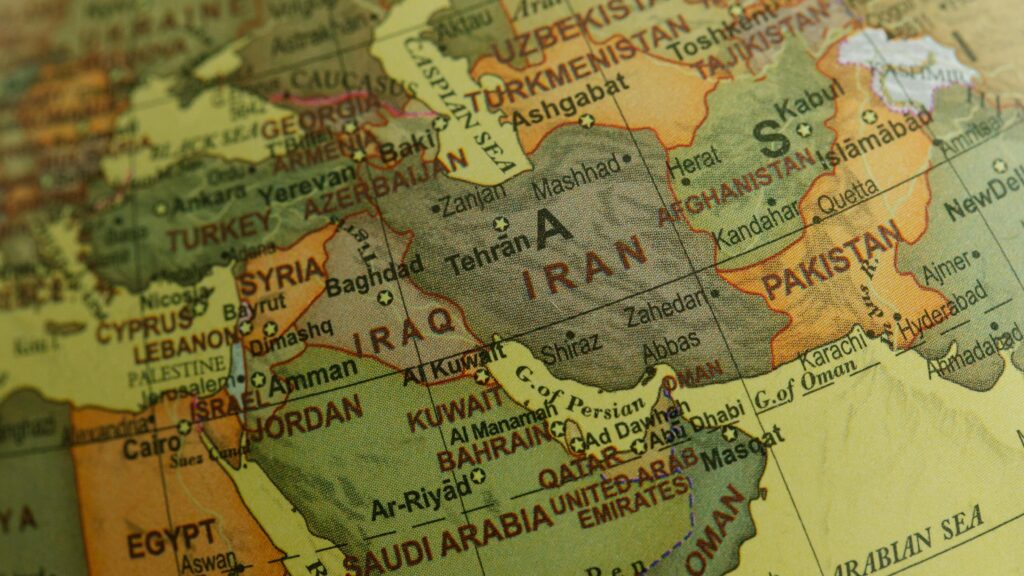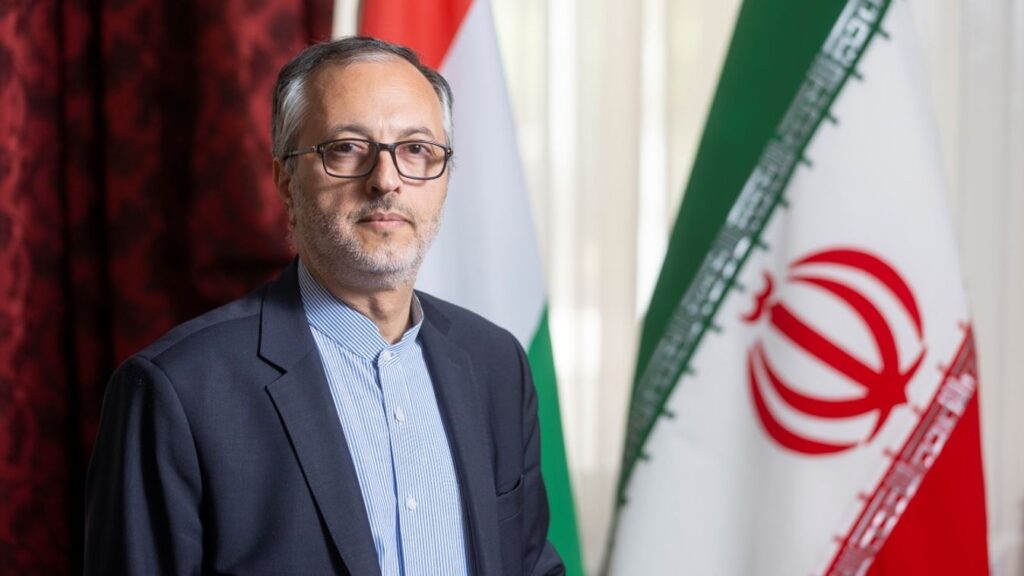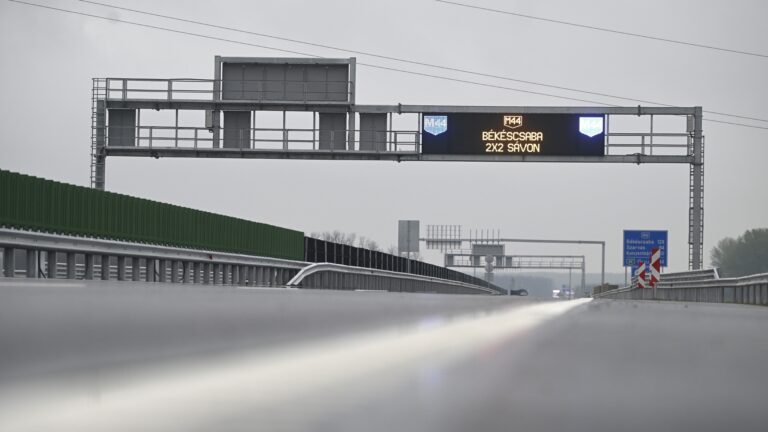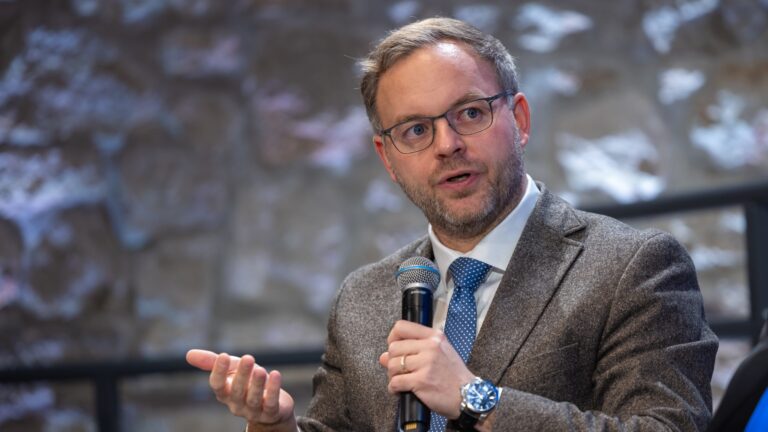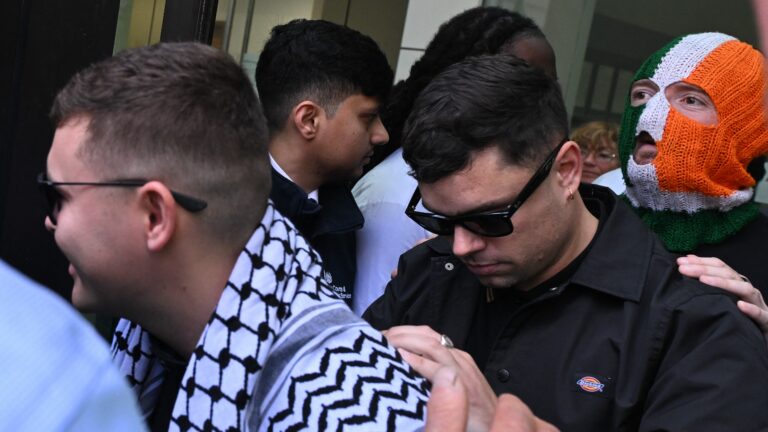Last week the Catholic world was shocked when the Chinese Communist Party (CCP) arrested the nonagenarian Cardinal Joseph Zen, former bishop of Hong Kong, because of his public position for defending freedom of speech and religion. Officially, he was accused—along with four others—for supporting the 612 Humanitarian Relief Fund, an association originally aimed at financing pro-democracy demonstrators in Hong Kong.
Bishop David John Malloy of the Catholic Diocese of Rockford, Illinois and chair of the US bishops’ international justice and peace committee said:
The cardinal’s arrest ‘indicates the downward trend in respect for fundamental freedoms and human rights in Hong Kong. Although Cardinal Zen has been released on bail, his situation remains precarious’.
The US-led West and the Vatican have rightfully criticized China for its human rights violations towards the Uighur Muslims, which includes herding a million of them into concentration camps and submitting their women to a genocidal programme of forced abortions. Yet not much has comparatively been said about the persecution of Chinese Christians, especially those of the “Underground Church”—Catholics who have chosen not to associate with the state-sanctioned Chinese Patriotic Catholic Association (CPCA)—or of Catholic pro-democracy activists, such as Jimmy Lai.
Jimmy Lai is Hong Kong’s most salient champion of democracy. In February 2021, he and seven other pro-democracy advocates were arrested and sentenced up to fourteen months for participating in an unauthorized assembly to commemorate the 1989 Tiananmen Square pro-democracy crackdown. In his own justification, Lai said:
‘You know, being a Catholic, you have the instinct to stand up for what is wrong. When you talk about China as powerful, it’s only in the way of raw power—material power. But as a religion, the power is virtue, its spiritual. The Vatican cannot forsake the believer who looks for its virtue and moral power for the raw power of material.’
The public exercise of Christianity is legal in China, provided the faithful submit to the CPCA (founded in 1957). Pope Pius XII, in his encyclical Ad Apostolorum principis (1958), deplored the attitude and activities of the CPCA, which included the corroboration of the imprisonment of Ignatius Pin-Mei Kung—Bishop of Shanghai and future cardinal—, who spent thirty years in Chinese prisons for defying attempts by the CCP to control Catholics in the country through the government-approved church. Pius XII also declared the bishops who participated in consecrating new bishops selected by the Association to be excommunicated.
In a 2018 secret provisional agreement, which was renewed in 2020, Pope Francis recognized the legitimacy of seven Chinese bishops appointed by the CCP, without the Vatican’s approval, in addition to favouring the CPCA over the “Underground Church.” Accordingly, the CCP names or appoints bishops for its state church; the bishop of Rome approves thereafter—Beijing also runs one for Protestants: the Three-Self Church.
Most Chinese Christians reject both state-run institutions because they are suspected to be infiltrated with Communist Party members
Most Chinese Christians reject both state-run institutions because they are suspected to be infiltrated with Communist Party members, especially since the “state” clergy are required to use their platforms to advance the regime’s agenda. As an alternative, though illegal, many Chinese Christians choose what is referred to as “house churches” where small groups get together to pray and study the Bible in private homes. It is estimated that China is home to about 40 million Christians; there may be as many as 100 million faithful.
Zen had previously described the secret accord with Beijing as ‘the most cruel thing’ the Vatican has done concerning the Catholic Church in China ‘because it encourages people to be part of a schismatic Church.’
This is not; however, the first time in the modern period the Holy See makes an accord with a totalitarian state:
- The Lateran Treaties of 11 February 1929, which ended a long and troubled historical, diplomatic and political journey that led to the dual recognition between the Italian State and the Vatican City State. The paradox was that Italian dictator Benito Mussolini was able to consolidate his power, and with the support of almost the entire Italian Catholic hierarchy, he led Italy into two wars: the one against Ethiopia (1935) and the Second World War.
- The Reichskonkordat between the Holy See and Nazi Germany, which was signed on 20 July 1933 by the Apostolic Nuncio, Archbishop Eugenio Pacelli (the future Pope Pius XII)—despite the misgivings of Pope Pius XI—and Franz von Papen, the Vice Chancellor of Adolf Hitler. It also ensured the loyalty of bishops to the state through an oath and required that all priests be German and subject to German superiors. Restrictions were also placed on Catholic organizations.
In the 1960s, the Church began—under its main architect Archbishop Agostino Casaroli—the strategic objective of Ostpolitik. It tried to find a modus non moriendi (way of not dying) for the Church in the Warsaw Pact countries. Tactics included the cessation of all public criticism by the Vatican of the communist regimes and endless negotiations with communist governments. The results were, to put it mildly, terrible:
- In Hungary, where, in the mid-1970s, the leadership of the Church and its properties were managed by the Hungarian Communist Party, which also had de facto control of the Hungarian College in Rome.
- In Czechoslovakia, Ostpolitik empowered a band of clerical collaborators who served as a front for the Communist Party and its repressions.
In January 2020, Cardinal Zen sent a letter to the College of Cardinals imploring them not to accept the recent agreement the Vatican signed with the CCP.
The plight of Chinese Christians continues to get worse for refusing to submit to the atheistic doctrine of Beijing
Unfortunately, the plight of Chinese Christians continues to get worse for refusing to submit to the atheistic doctrine of Beijing. According to ChinaAid reports, ‘Sinicisation’ is the process of making Christianity adhere to Chinese tradition through promoting the CCP’s communist ideology. The CCP demands all religious groups to adhere to ‘President Xi’s remarks about religious work as their guiding principles. Religious adherents must make him the center of their belief systems.’
Many Catholic clergy and laity remain imprisoned for refusing to join the CPAC, in some cases for decades. Bishop James Su Zhimin of the Diocese of Baoding was arrested in 1997 and has not been seen since 2003. The CCP has also recently approved new anti-Christian draconian laws, which for example prohibit minors under eighteen from receiving catechism or even attending mass; declare it illegal to carry a Bible in public or its sale, both online and in stores, that are not government approved.
The Vatican Secretary of State Cardinal Pietro Parolin, a key architect of the Holy See’s provisional agreement with China, stated that he was ‘very saddened’ by the arrest of Cardinal Zen. His arrest; however, ‘should not be read as “a disavowal” of the agreement with Beijing, which is up for renewal this fall.’
Parolin told journalists that his ‘most concrete hope is that initiatives like this cannot complicate the already complex and not simple path of dialogue between the Holy See and the Church in China.’
Naturally, the Vatican would like to establish formal diplomatic ties with China—the author has nothing per se against this, especially if it would propagate Christianity in the country and promote both freedom of press and of religion. Yet, from what is reported, it appears that the Xi regime has shown no signs of relenting its hostility towards Christians, or for the matter, anyone who publicly voices an opinion that the dignity of the human person created in the image of God must be safeguarded.

